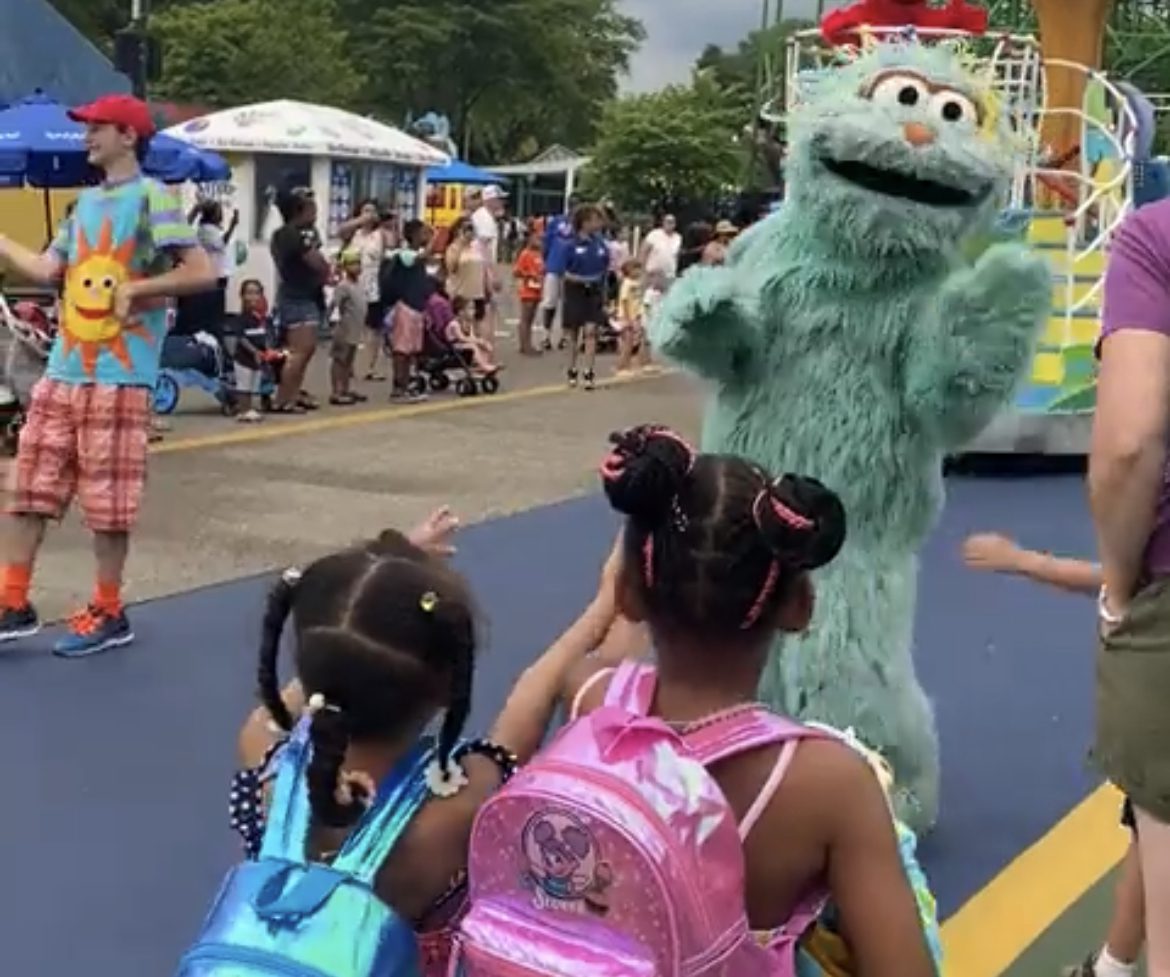Ella Jenkins, whose revolutionary approach to children‘s music transformed how generations learned through song, has died on Nov. 9 at 100. Her groundbreaking career with Smithsonian Folkways Recordings produced 39 albums that brought cultural awareness and musical education to countless young minds.
From Chicago’s south side to global influence
Growing up surrounded by the rich musical traditions of Chicago‘s African American community, Jenkins developed a distinctive style that would revolutionize children’s music education. Her self-taught musicianship, deeply rooted in gospel, folk and playground rhythms, created a bridge between traditional cultural expression and modern educational methods.
In 1957, Jenkins released her first album, Call-and-Response: Rhythmic Group Singing, featuring students from Chicago’s Howalton Day School. This groundbreaking recording introduced West African chants, Arabic melodies and American work songs to mainstream children’s music, establishing a new standard for cultural representation in educational entertainment.
Musical activism and cultural preservation
During the Civil Rights Movement, Jenkins used her platform to advance social justice through music. Her presence at significant historical moments, including Martin Luther King Jr.’s rally at Soldier Field in Chicago in 1964, demonstrated her commitment to combining education with activism. Her music celebrated African American heritage while promoting understanding across cultural boundaries.
The 1976 release of We Are America’s Children showcased Jenkins’ dedication to highlighting diverse American experiences. Her interpretation of classic folk songs and original compositions like “Black Children Was Born” paid tribute to historical figures who shaped American history, ensuring their stories reached young audiences.
Influence across generations
Jenkins’ appearances on iconic television shows like “Sesame Street” and “Mister Rogers’ Neighborhood” brought her innovative teaching methods to national attention. Her signature call-and-response technique — inspired by traditional African American musical forms — became a cornerstone of modern music education.
Her final album, 2017’s Camp Songs With Ella Jenkins and Friends, capped a career that earned her two Grammy nominations and a lifetime achievement award. The recognition reflected her role in transforming children’s music from simple entertainment into a powerful tool for cultural education and social awareness.
Jenkins’ legacy lives on through the countless educators, musicians and children who continue to use her methods and songs. Her work remains particularly significant for those who recognize the importance of preserving cultural heritage while building bridges between communities through music.
















